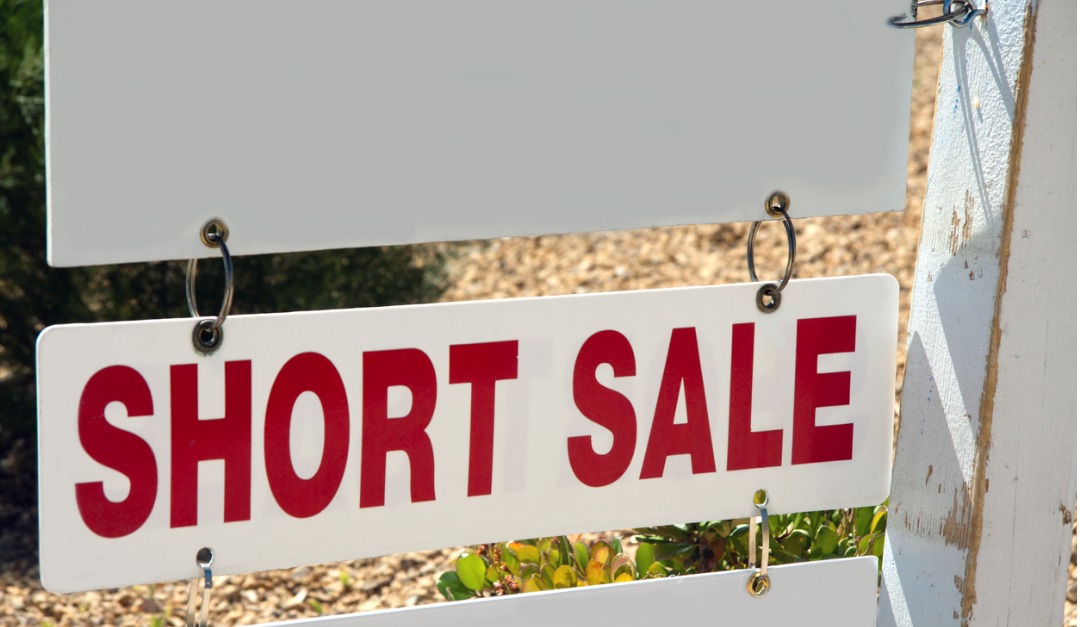When a homeowner is facing a financial hardship and unable to pay a mortgage, the lender may agree to a short sale. That means the lender will agree to accept a sale price below the amount owed on the mortgage so the homeowner can avoid foreclosure. Many people who don’t have personal experience with short sales have been misinformed.
Misconception #1: You Have to Be Behind on Payments
Homeowners who are in trouble often think a short sale is only an option if they’ve defaulted on their mortgage, but that isn’t true. A lender may agree to a short sale if a homeowner is struggling to afford the mortgage but has so far managed to scrape together enough money to avoid missing payments.
If you’ve already received a foreclosure notice, a short sale may or may not be an option, depending on your state’s law and your lender’s policy. In general, if you know you can’t afford your mortgage, you’ll be better off seeking a short sale before you find yourself in dire straits.
Misconception #2: It’s Tough to Qualify
Many lenders offer incentives to homeowners facing financial hardships to encourage them to participate in short sales and avoid foreclosure. The short sale process can be complicated and confusing, but an experienced real estate agent can answer your questions and guide you through it.
Misconception #3: The Lender Won’t Accept a Big Loss
Some homeowners who are struggling to afford a mortgage think their lender won’t accept a payoff for much less than the balance owed on the mortgage, but in many cases, a company will. Whether a lender acquires a house through a foreclosure or a short sale, the fair market value for the property will be the same when it comes time to resell it. A lender can save itself time and lose less money by agreeing to a short sale.
Misconception #4: A Short Sale Will Cost You Money You Don’t Have
You shouldn’t have to pay any upfront costs for advice, and your real estate agent’s commission can be paid by the lender. You might incur a fee if the lender charges you a deficiency, or the difference between the mortgage balance and the sale price. Whether that’ll happen in your case will depend on state law, your lender’s policy and your specific situation.
Talk to Your Lender and Real Estate Agent
If you’re facing a financial hardship and can’t afford your mortgage, a short sale could help you avoid foreclosure and the devastating long-term effects it could cause. You might be able to purchase another home much sooner after a short sale than you could after a foreclosure. Explain your circumstances to your lender and discuss your options. If you choose to pursue a short sale, your real estate agent can guide you through the process.
This article is intended for informational purposes only and should not be construed as professional or legal advice.











